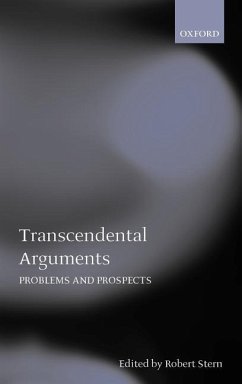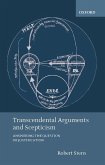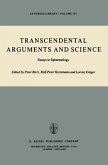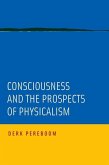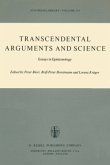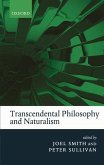Fourteen new essays by a distinguished team of authors offer a broad and stimulating re-examination of transcendental arguments. This is the philosophical method of arguing that what is doubted or denied by the opponent must be the case, as a condition for the possibility of experience, language, or thought. The line-up of contributors features leading figures in the field from both sides of the Atlantic; they discuss the nature of transcendental arguments, and consider their role and value. In particular, they consider how successful such arguments are as a response to sceptical problems. The editor's introduction provides historical context and philosophical orientation for the discussions. This is the first major appraisal of transcendental arguments since the 1970s; they have continued to play a significant role in philosophy, and recent developments in epistemology and metaphysics have raised new questions and challenges for them. Transcendental Arguments will be essential reading for anyone interested in this area of philosophy, and the starting-point for future work.
In this volume of fourteen new essays, a distinguished team of philosophers offer a broad and stimulating examination of the nature, role, and value of transcendental arguments. Transcendental arguments aim to show that what is doubted or denied by the sceptic must be the case, as a condition for the possibility of experience, language, or thought. The essays consider how successful such arguments are as a response to sceptical problems.
Hinweis: Dieser Artikel kann nur an eine deutsche Lieferadresse ausgeliefert werden.
In this volume of fourteen new essays, a distinguished team of philosophers offer a broad and stimulating examination of the nature, role, and value of transcendental arguments. Transcendental arguments aim to show that what is doubted or denied by the sceptic must be the case, as a condition for the possibility of experience, language, or thought. The essays consider how successful such arguments are as a response to sceptical problems.
Hinweis: Dieser Artikel kann nur an eine deutsche Lieferadresse ausgeliefert werden.

